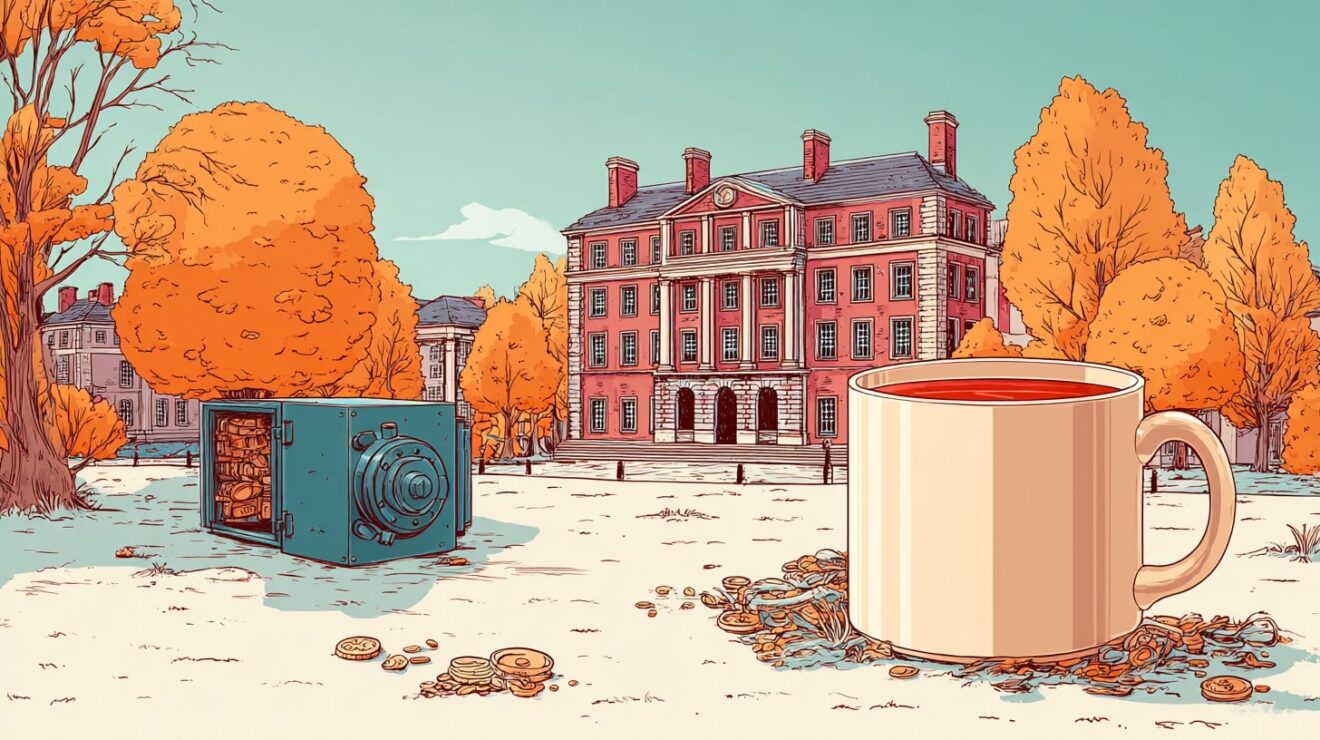In the past few years, a number of academics have come to prominence as representatives of what they term “gender critical feminism”.
These thinkers argue that there is a fundamental tension between feminist principles and certain demands made by and on behalf of the transgender community. In particular, they oppose or problematise the presence of trans women in women-only spaces such as public toilets and changing rooms.
My own view is that the “gender critical” position is both wrong and transphobic, albeit in a way that may not be immediately obvious to a well-meaning observer (it wasn’t immediately obvious to me, anyway). Together with two other feminist philosophers, I’ve argued at length for this view elsewhere.
Rather than repeat myself here, I want to say something about a secondary discussion that has increasingly come to the fore in the row over trans issues. A number of recent interventions by “gender critical” feminists have focused on what they see as violations by their opponents of purportedly shared norms of scholarly exchange. A recent collective letter to Inside Higher Ed, for example, condemns the “frequently cruel and abusive rhetoric” directed at critics of trans-inclusivity, “including accusations of hatred or transphobia.” Instead, the authors urge, scholarly discussion must presume the good faith of all parties.
You gotta have faith
Under the cover of an unobjectionable call for considerate and respectful interaction, something strange has happened. It can’t be inherently abusive – and hence impermissible – to accuse people or their positions of possessing a bigoted character. If it were, apart from anything else, the bulk of feminist and anti-racist theory would be out of the window. So it makes sense to understand “gender critical” feminists as saying that charges of bigotry are inappropriate in their own and relevantly similar cases.
But what can this mean? The most obvious possibility is to say that it is inappropriate to accuse “gender critical” philosophers of transphobia because the “gender critical” position is not, in fact, transphobic or otherwise bigoted. But that is what is disputed by many or most opponents of “gender critical” feminism. Read this way, what is initially presented as an appeal to mutually agreed norms – shared by reasonable people on opposing sides of the primary disagreement – would turn out to rest on a highly contentious assumption about exactly the point that is at stake.
Another way to understand the injunction is as saying that insinuations of bigotry are appropriate only in sufficiently extreme or clear-cut cases, where there is no room for reasonable disagreement – cases where someone calls trans women “perverts” or advocates violence. By contrast, “gender critical” philosophers point out that they explicitly affirm the right of transgender people to live in dignity and freedom from violence or harassment, and claim that the results of their own introspection reveal them to free of bigoted motives.
Yet once again, little would be left of the history of feminist or anti-racist thought if it had restricted itself to condemnation of only the most self-conscious and overt manifestations of the phenomena being opposed (also the ones that stand in least need of analysis). The considered view of many opponents of “gender critical” feminism, myself included, is that whatever the conscious intentions of any particular individual, this is a philosophy that it makes sense to call “transphobic”. It is no more than an ad hoc assemblage of arguments – with no coherent and comprehensible practical demand – repeatedly deployed in a way that contributes to a climate of suspicion and hostility towards a tiny, already highly stigmatized and routinely brutalized minority. “Gender critical” feminists don’t agree, of course – but we knew that already.
Not playing by the rules
What’s more, “gender critical” feminists cannot help breaking their own rules of civility even in the course of stating them. The group letter calls for participants to the discussion to assume the good faith of all parties at the same time as it paints all but the mildest opposition to the “gender critical” position as “cruel and abusive”. More generally, “gender critical” feminists are fond of speculating that their opponents are closet misogynists, secretly motivated by the sexist expectation that women should be gentle and empathetic rather than assertive or confrontational. Neither of these moves is suggestive of a presumption of the good faith of opponents of “gender critical” feminism.
Recent appeals by “gender critical” feminists to what they present as uncontroversial norms of scholarly debate turn out to be either disguised reiterations of their own contested views, or proposals for constraints on criticism. Constraints that it would be neither feasible nor desirable to honour or impose and which “gender critical” feminists themselves routinely violate). They serve, as appeals to norms of civility often do, as means of excluding certain kinds of criticism from the domain of reasonable discussion. We should not let them.














Thank you, Lorna, for writing this. I’m sick of those “gender-critical” feminists who think it’s perfectly acceptable to define a women as an adult human female. Why can’t people accept that being a woman is simply equivalent to “feeling” like one? Like yourself, I believe that discussing self-ID and its practical effects on policy is simply bigoted (hate-speech in disguise, even). We need to make our campuses much more inclusive; we need to abolish gendered bathrooms, gendered prayer rooms, and gendered sports teams!
I love the way I really don’t know if you are taking the Mikey.
I agree with Sam! 😀
I’m confused, is the article about “gender critical feminists ” or ” gender critical” feminists?
A puff of warm air, replete with circularity and question-begging. But that is only to be expected as the trans balloon deflates. It does provoke one interesting question, though: where does the parenthesis ending in “routinely violate)” begin? Also I suspect that the sentence should start with “Constraints” not “Criticism”, because it doesn’t make sense as it stands. Lorna Finlayson really needs to pay attention to these things, otherwise people may begin to suspect she’s a sloppy thinker as well as a sloppy writer.
I agree with Sam